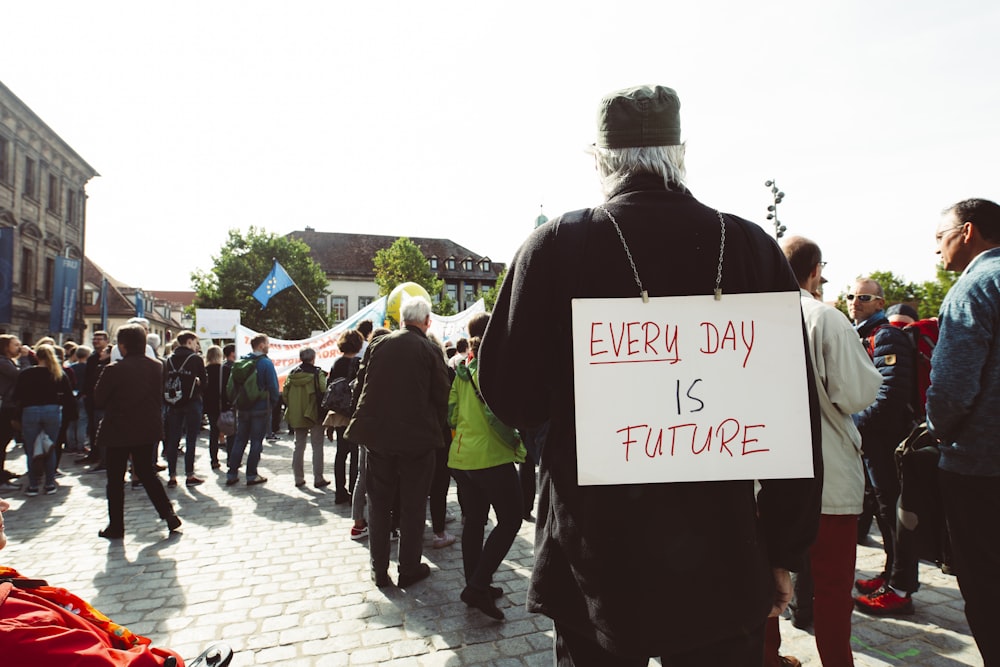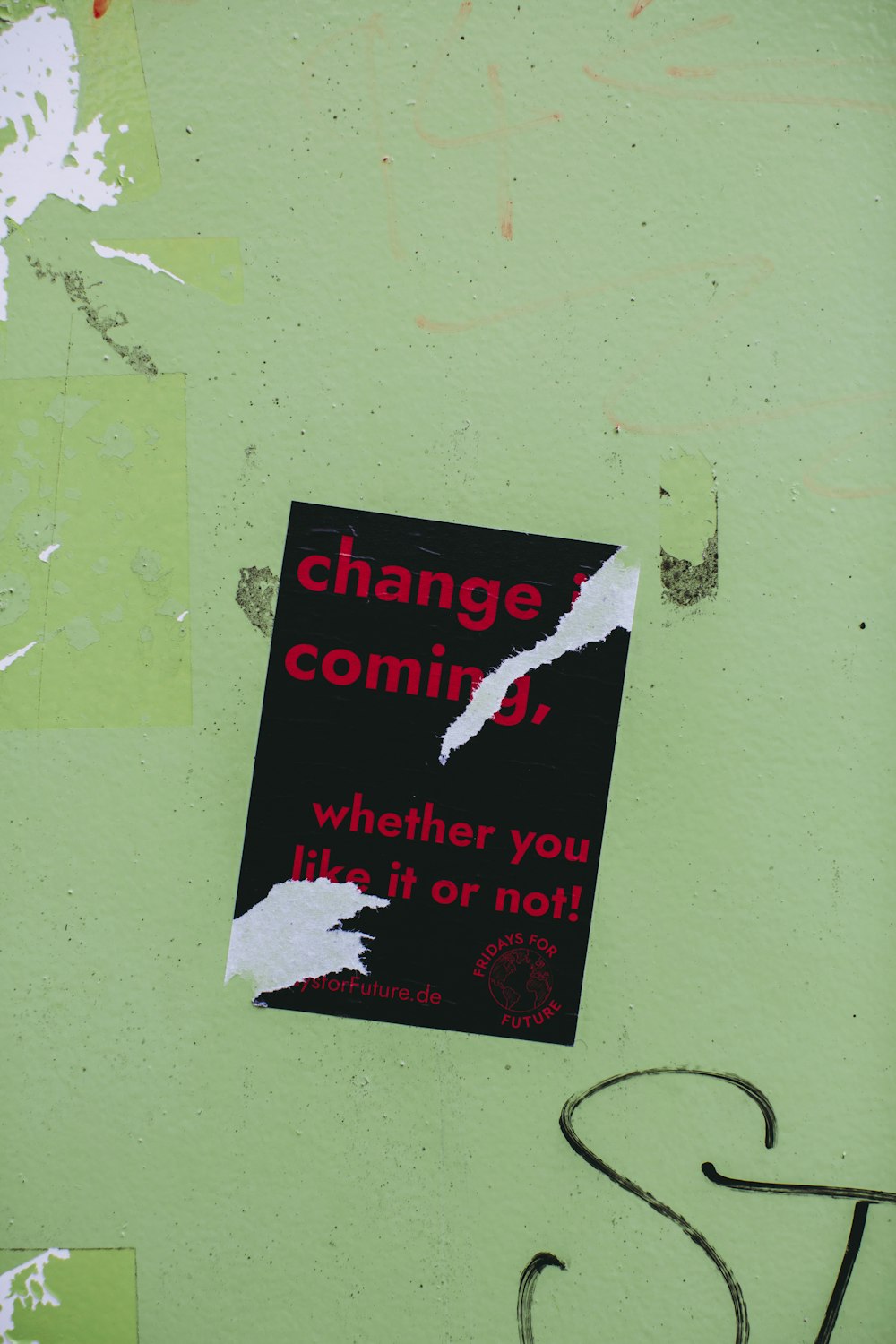
We are at war against a novel virus that has rampaged around the world causing devastation and distress to families and communities. This unprecedented situation has seen the health crisis morphing into an economic and social crisis. Angst at the overwhelming impact, the South Asian community has come together in a modest charitable act of giving for the Food Banks (more on this later on). In the midst of this virus-induced situation, hope rears its head time and again reminding us that profound, positive change is possible provided we act together in unison. So many resources and policy efforts are being channeled at finding ways to mitigate the virus; our hopes are buoyed by the progress on vaccines (very much in the offing) and medical knowledge, including testing and increased health care capacity. We have already started adjusting and fitting in with the ‘new normal’. We have mostly worked in a united, concerted manner to get the R0* down; this unity of action makes me hopeful. That, despite the big divisions that rift our society, we have been able to put our best foot forward and pull together as a society. We have learned more about how to manage the virus; we individuals have power and social responsibility that can make a difference. We recognise the kind of challenges there lie ahead and are getting ready for the predictive winter resurgence of the disease.
*R0, pronounced “R naught,” is a mathematical term that indicates how contagious an infectious disease is. It’s also referred to as the reproduction number. As an infection is transmitted to new people, it reproduces itself. https://www.healthline.com/health/r-nought-reproduction-number
Despite the rainy days since the school holidays began, I know that there will be sunny days when we explore the South West and go out and about. This is not wishful thinking! Like much of life, the dhoop chaaw (धूप-छांव translated from the Hindi to sun and shade), the ups and downs of life mean that despite the Covid 19 and its rampage, I have friends who are pregnant, who have secured new and exciting jobs, who have found partners and are walking in the Alps (of their minds) …life and love keep blooming and the shades of grey disappear in the gleam of the rainbow lurking behind the clouds.
Newspaper and magazine editors are passionately writing about the learning being unleashed and the profound and positive change that is happening. We are hopeful, that hope exists along with the difficulty, uncertainty, and the suffering that lies ahead. Before we go much further, I must make clear that the views expressed in the newsletter are of the authors and do not necessarily reflect that of SaaS. I also invite articles to reach me before the 20th of the next month at the following email: southasiansocietynewsletter@gmail.com. Let us make this collective resource a big success.
Nina Simone’s smoky rendering of Feeling Good reverberates in my mind as I pen off:
It’s a new dawn
It’s a new day
It’s a new life
For me
And I’m feeling good
Keep hoping, changing and smiling
Dr Smita Tripathi
Editor, SAaS Newsletter and Trustee





